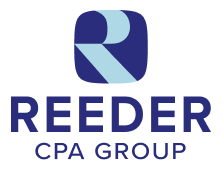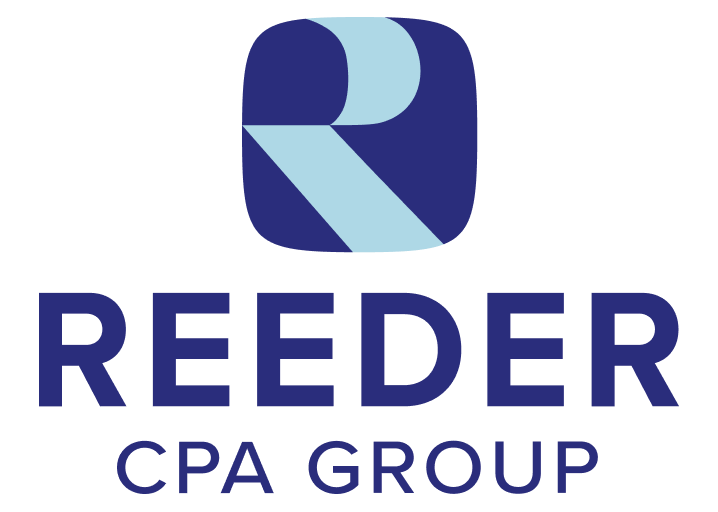Imagine this scenario for a moment. You are sitting across the desk from your favorite certified public accountant or CPA for short, and they ask you the following question. Do you have all of your tax documents with you today? Some people can answer with a confidence yes, while others go into panic mode. If you are one of those people that break into a sweat when asked such a question, it is time to start getting organized.
The good news is that keeping your finances and financial related documents organized throughout the year will go a long way in preventing you from feeling stressed during tax time. By following a few simple steps you can avoid being overwhelmed, and will not need to scramble right before meeting with your CPA. So without further ado, the following information will show you how to stay organized for tax season.
Establish A Filing System
Organization is the key to avoiding stress and frustration prior to meeting with your CPA. In order to stay organized, it is necessary to establish a filing system that you can utilize throughout the year. The best way to begin is by designating one area of your home or office for filing receipts, bank statements, and other important tax related documents. You can utilize a system that is simple to use such as file folders, three ring binders, or even shoeboxes.
The next step is to establish various categories and label those categories. For example, if you are using file folders make one for individual tax docuemnts, another for business – whether you are a sole proprietor or have a corporation or partnership. You’d want to have a folder for a home office as well since you can use the expenses related to your home office as a deduction on your return. If you are in a situation where you will be away from home or the office for a while, remember to bring a few envelopes with you. That way you can temporarily organize and store the receipts without the risk of losing them.
Go Digital
If you are the least bit tech savvy, it is a good idea to incorporate the use of a digital filing system. That way you can submit the paperwork to your CPA in a compact digital file instead of physically carrying in a bunch of paperwork. Online services and applications provide consumers with an effective way of managing receipts, bank statements, and other important tax related documents at the touch of a button from your computer, tablet, or smartphone. You also have the option to simply scan the documents into your electronic filing system, thereby eliminating the paper process.
Make Use Of Spreadsheets
Spreadsheets are a great way to generate a complete and thorough report of your financial related activity. Begin the process by transferring expenses from your receipts to a spreadsheet. You should create a separate spreadsheet for each category of your expenses. It is important to update the spreadsheets on a regular basis, such as weekly, bi-weekly, or monthly. Spreadsheets will also paint a clear picture of your savings and spending habits, which is a bonus from a personal financial planning standpoint.
Stick To It
Organization may be the key, but in order to stay organized, you must stick to it. Make a commitment to utilizing your filing system whenever you obtain a new receipt, bank statement, or important tax related document.
Do not fall into the trap of piling up documents with the idea that you will file them at a later time. The pile will only grow larger and larger as it becomes easier and easier to ignore each day. Before you know it there will be piles of paper all around your home or office. Failure to commit to the filing system will only lead to an uneasy feeling. It will also be difficult to catch up.
Store For A Longer Time
A standard practice is to keep documents for is 3-7 years. This can be challenging if you have a lot of paperwork. A great way to keep years of important files is to have them in a digital form and store them in an external hard drive and/ or in the cloud. You probably arealy use a cloud system like Google Drive, DropBox, Microsoft OneDrive and use it to store or prepare documents, you can certainly make a folder for each year with sub-folders for every category like individual and business. This is where you can also save the completed tax return when your accountant sends it to you. It is a great practice to have it readily accessible in case you need it.
In conclusion, getting and staying organized will help you a great deal during tax time. It will save you from the stress and aggravation of gathering your tax documents prior to meeting with your accountant. It will also save you money. When your CPA must chase you down or contact you multiple times for tax documents, or additional pieces of information, they are forced to charge more money for the extra time spent.
If you need further advice or are searching for a new certified public accounting firm that puts the needs of their clients first and foremost, please contact Swartz & Reeder Advisors today by phone – (847) 241-5800, email – info@swartzseeder.com, or visit our website at www.reedercpagroup.com

